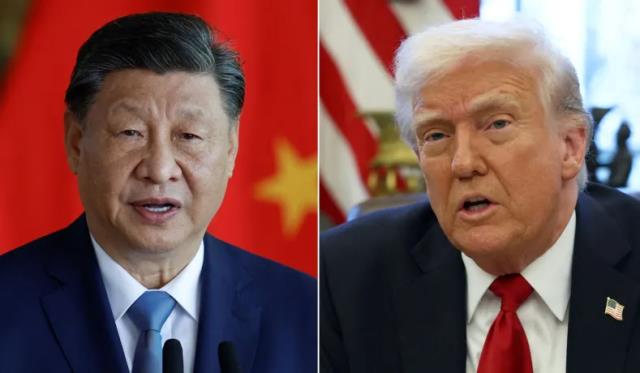In a significant shift in trade policy, U.S. President Donald Trump has authorized a 90-day pause on tariff increases for most countries, excluding China. This decision aims to provide an opportunity for negotiations with various nations, while concurrently escalating tariffs on Chinese imports.
Details of the Tariff Adjustments
- Tariff Pause: Effective immediately, the U.S. will suspend planned tariff hikes for 90 days on imports from countries that have not engaged in retaliatory measures against the U.S.
- Increased Tariffs on China: In contrast, tariffs on Chinese imports have been raised to 125%, up from the previous 104%, reflecting heightened tensions between the two largest economies.
Rationale Behind the Decision
President Trump stated that the pause was authorized after more than 75 countries expressed a willingness to negotiate and refrained from retaliatory actions. He emphasized that China continues to “rip off” the United States, justifying the increased tariffs on Chinese goods.
Market Reactions
The announcement led to a surge in global stock markets. The S&P 500 experienced a 9.5% increase, the Dow Jones rose by 7.9%, and the Nasdaq climbed 12.2%. Asian markets also responded positively, with Japan’s Nikkei 225 jumping 9.1%.
Implications for Pakistan
In response to the U.S. tariff adjustments, Pakistan has decided to send a high-level delegation for trade talks with the United States. Prime Minister Shehbaz Sharif constituted a 12-member steering committee to address the reciprocal tariffs, as initial estimates suggest these duties could cost Islamabad between $500 to $700 million.
Conclusion
The 90-day tariff pause offers a window for diplomatic negotiations with various countries, while the increased tariffs on China signal a continuation of the U.S.-China trade dispute. The global economic community will be closely monitoring these developments and their potential impacts on international trade dynamics.



Comments (0)
No comments yet. Be the first to comment!
Leave a Comment